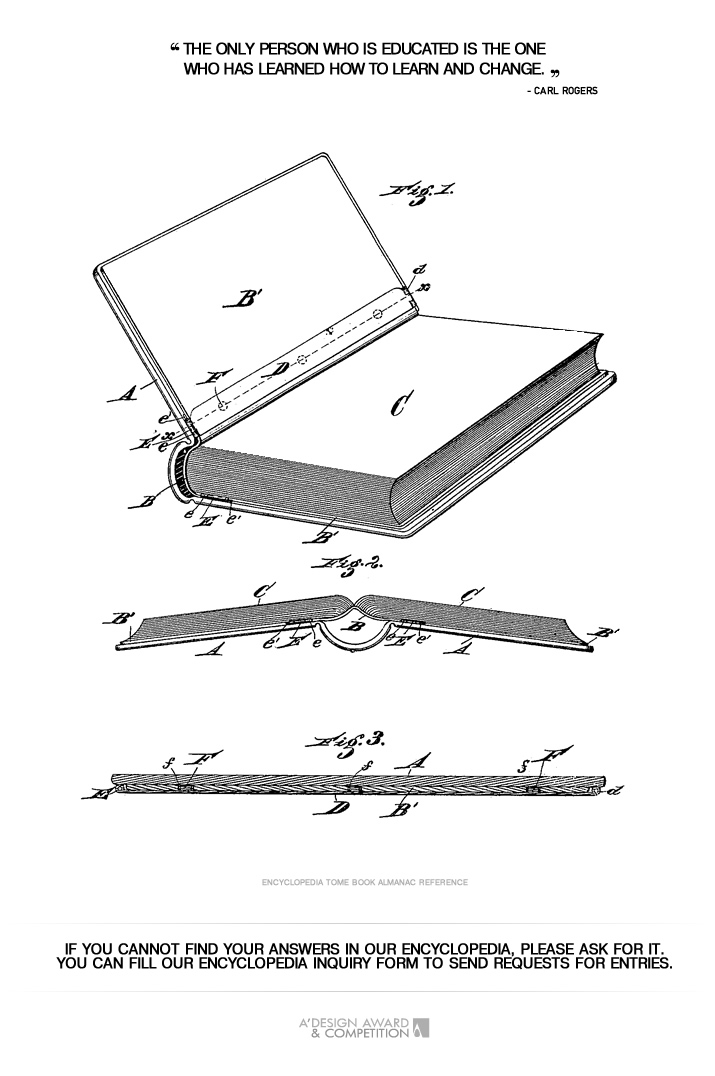
| THE AWARD |
| CATEGORIES |
| REGISTRATION |
| SUBMIT YOUR WORK |
| ENTRY INSTRUCTIONS |
| TERMS & CONDITIONS |
| PUBLICATIONS |
| DATES & FEES |
| METHODOLOGY |
| CONTACT |
| WINNERS |
| PRESS ROOM |
| GET INVOLVED |
| DESIGN PRIZE |
| DESIGN STORE |
| THE AWARD | JURY | CATEGORIES | REGISTRATION | PRESS | WINNERS | PUBLICATIONS | ENTRY INSTRUCTIONS |
Usage Exchange - Entry #479166 |
Home > Design Encyclopedia > 479166 |
 Usage Exchange
Usage Exchange
Usage Exchange is a systematic approach in design methodology that focuses on analyzing and optimizing how users interact with products, services, or systems through shared experiences and mutual benefit scenarios. This comprehensive framework encompasses the study of reciprocal relationships between users and design elements, emphasizing the dynamic nature of usage patterns and their evolution over time. The concept emerged from the growing recognition that design solutions must adapt to changing user behaviors and expectations, particularly in the context of collaborative consumption and shared economy models. At its core, Usage Exchange examines how different users may interact with the same design element in varying ways, creating a network of experiences that inform future design iterations. This methodology has become increasingly relevant in contemporary design practice, where products and services often serve multiple user groups with diverse needs and preferences. The framework incorporates principles of user-centered design, behavioral psychology, and social dynamics to create more resilient and adaptable design solutions. In the context of sustainable design, Usage Exchange principles have been particularly valuable in developing systems that maximize resource efficiency through shared use and collaborative consumption models. The approach has gained recognition in design competitions, including the A' Design Award, where projects demonstrating innovative applications of Usage Exchange principles have been celebrated for their contribution to advancing sustainable and user-centric design solutions. The methodology emphasizes the importance of documenting and analyzing usage patterns, user feedback, and interaction scenarios to create more inclusive and effective design outcomes that can adapt to evolving user needs and technological capabilities.
Author: Lucas Reed
Keywords: collaborative consumption, shared economy, user interaction, resource optimization, behavioral design
 About the Design+Encyclopedia
About the Design+EncyclopediaThe Design+Encyclopedia is a crowd-sourced reference of information on design. Unlike other crowd-sourced publications on design, the Design Encyclopedia is edited and actively monitored and publishing is only possible after review of submitted texts. Furthermore, editors of the Design Encyclopedia are mostly consisting of award winning designers who have proven their expertise in their design respective fields. Information posted at design encyclopedia is copyrighted, you are not granted a right to use the text for any commercial reasons, attribution is required. If you wish to contribute to the design encyclopedia, please first register or login to A' Design Award and then start a new design encyclopedia entry.

If you did not find your answer, please feel free to check the design encyclopedia for more entries. Alternatively, you can register and type your own definition. Learn more about A' Design Award's Design+Encyclopedia.

